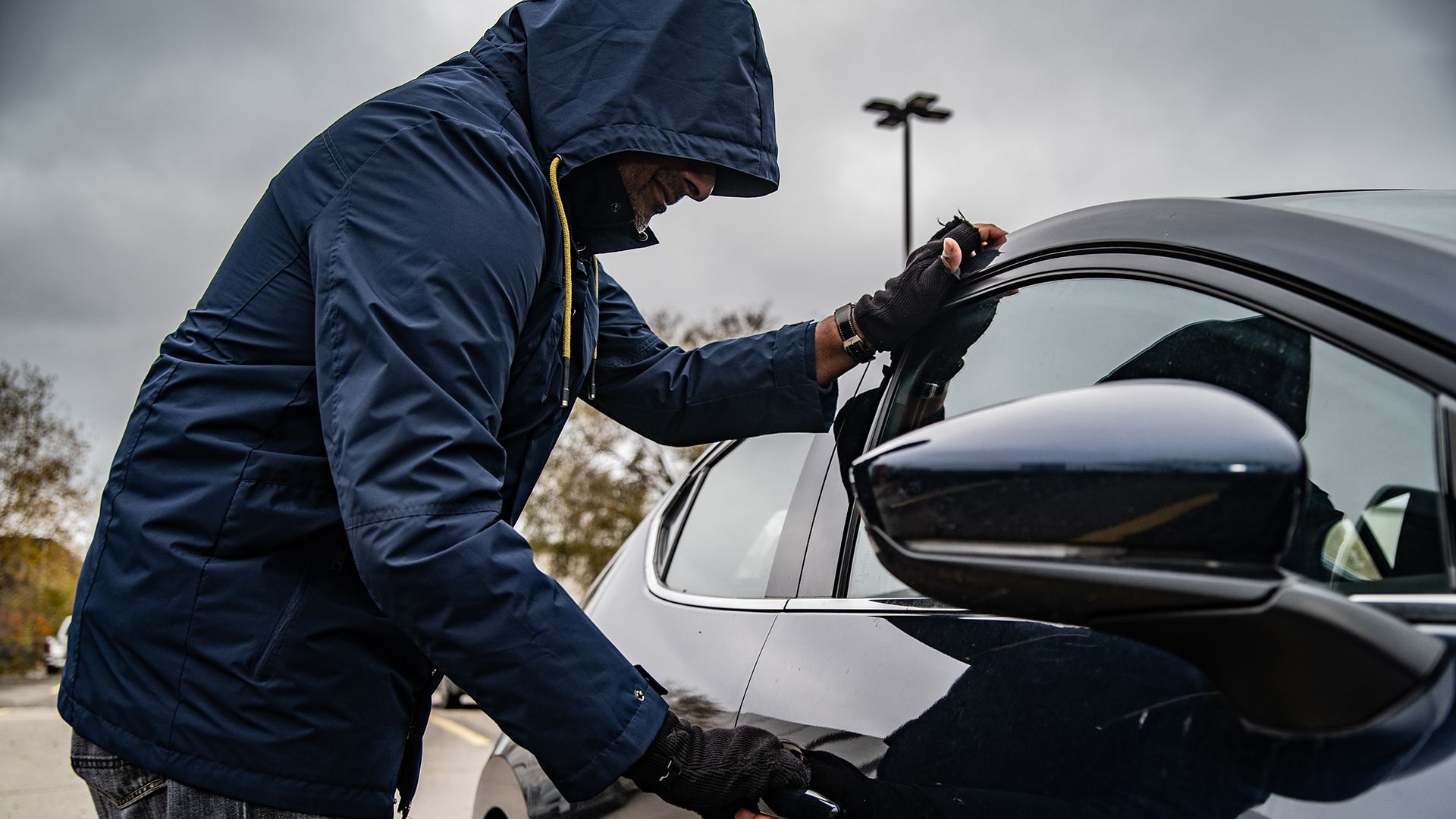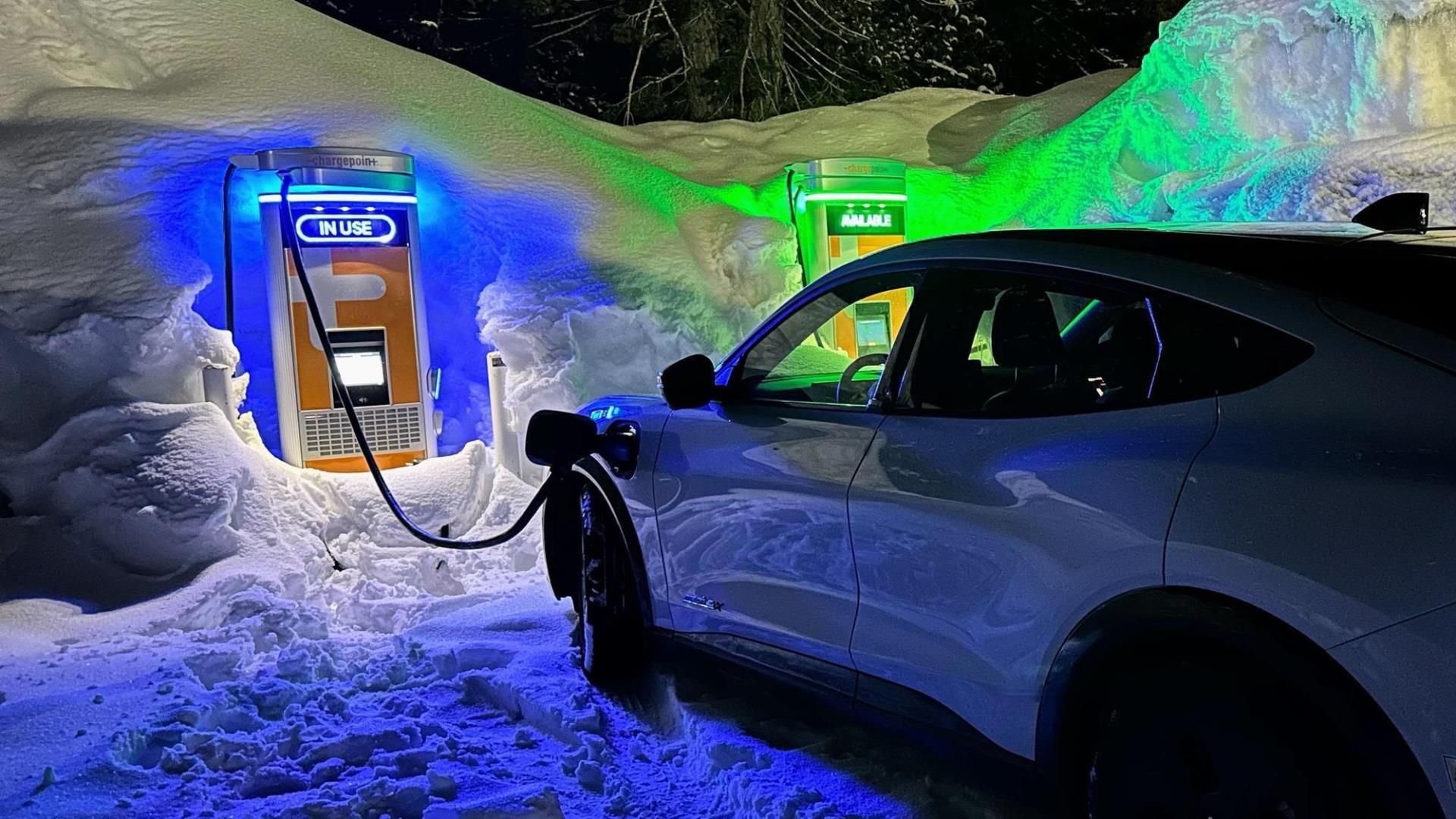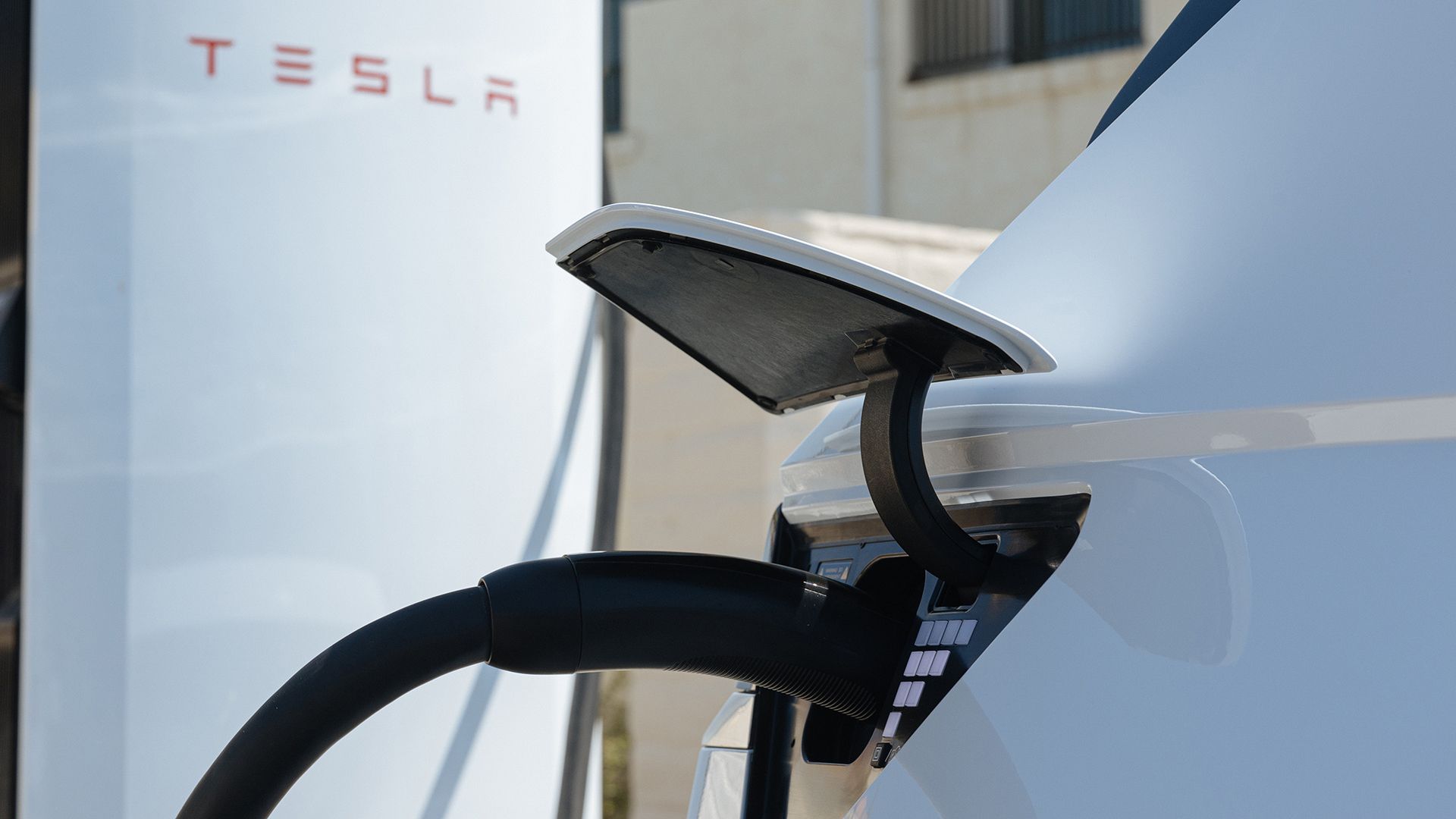As I write this, more than half of the vehicles sold globally are connected. By the end of this decade, that number could climb as high as 95%. But as more cars gather data, they’re becoming hot targets for hackers, allowing them to steal vehicles without even having to break into them, or worse, steal your personal information. Car theft has been transformed into cyberattacks.
And it’s not just the cars that are at risk. Chargers for electric vehicles (EVs), also connected to a grid, have also become part of the problem. According to Upstream, a cybersecurity company that monitors 25 million connected vehicles worldwide, charger hacks made up 4 percent of automotive cyberattacks last year.
So how will we be protected from hackers in a world where our cars and chargers are constantly exposed to attacks? Turns out carmakers are already working with third-party cyberattack companies like Upstream to use artificial intelligence (AI) as a weapon to fend off hackers.

Related
Why Car Thieves Aren’t Interested In Electric Vehicles
Car theft is on the rise in the U.S. and Canada, but the thieves don’t seem interested in EVs.
Carmakers Will Be Able To Prevent Hacks Through OTA
Cyberattack companies are already using generative AI to correlate large amounts of data. So by working with them, carmakers can focus on fixing the problem rather than looking for it. When a company like Upstream detects a potential threat to a vehicle’s systems, or even a carmaker’s connected services (i.e. mobile apps), it works with that carmaker to quickly push an over-the-air update (OTA) to block the attack.
These OTAs can even go as far as sending instructions to the owner as to how to protect their vehicle and apps from a potential threat. This can be done remotely within hours, versus having to bring your car to your local dealership for an update.
Upstream uses a service called Ocean AI, which assists carmakers with a wide scope of data-driven tasks. This also includes EV charging cyberattacks. The system can automatically analyze connected-vehicle data to determine which vehicles have been charged by a compromised charger.
AI Can Also Fix Defective Chargers
Artificial intelligence will not only help consumers charge their EVs with more piece of mind, but will also help mitigate on-location charger faults. ChargePoint recently launched an AI-powered diagnostics tool to accelerate fault detection, with the possibility of remotely troubleshooting defective chargers. From Rick Wilmer, ChargePoint’s CEO:
The challenge is that there are certain types of failures that you can’t always detect with the remote monitoring functionality and the sensors that are in the station. Theoretically, you could put enough cameras and sensors in the station such that you could detect every possible failure mode, but that becomes impractical from a cost perspective.
But thanks to the integration of AI, users can submit photos directly to ChargePoint’s “report a problem” feature. The photos are then analyzed by artificial intelligence, and when a fault is detected, it sends it directly to the ChargePoint network operations center.
Since charger issues are often software-based, the AI-driven tool eliminates the complexity and delay of having to send a technician on site. The end result for ChargePoint is faster charger troubleshooting, but also a more intimate control over its charging infrastructure.
TopSpeed’s Take
The cyberattack world is a large game of cat and mouse. While carmakers are arming themselves with new AI solutions to mitigate data breaches, hackers are also equipping themselves with the latest technology.
It is, however, great news to see carmakers transferring the problem to companies that are specialized in that field. Carmakers specialize in the art of building cars, not tracking lumps of data and coming up with fixes. The fact that these problems can be solved remotely, and quickly, will definitely reassure consumers that are increasingly worried about data theft. But we’re not out of the woods yet, as we’re only entering a highly digital automotive world.


